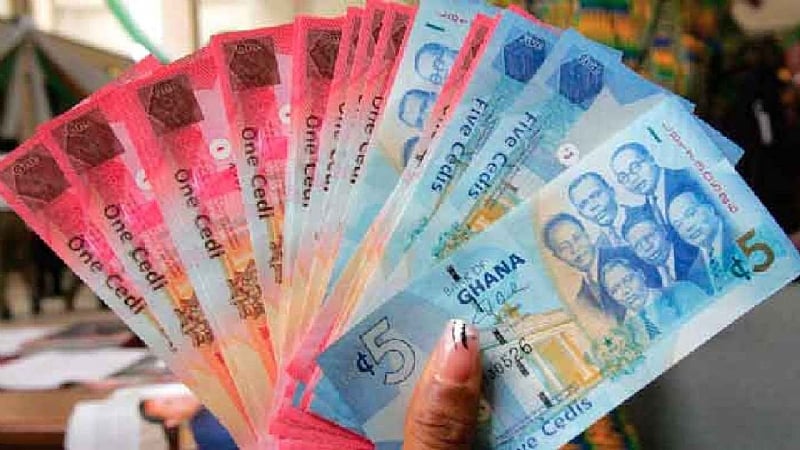The Ghanaian Cedi exhibited relative stability against the United States dollar on Thursday, January 2, 2025, maintaining its value in the buying rate and experiencing a slight appreciation in the selling rate. Data compiled from Cedirates.com, a reliable source for currency information in Ghana, reveals a buying rate of GHS14.61 and a selling rate of GHS15.10, representing a 1 pesewa appreciation in the selling rate compared to the previous day. This marginal fluctuation indicates a relatively calm trading day for the Cedi against the US dollar, suggesting a potential equilibrium in market forces. The forex bureaus, which typically offer slightly less favorable rates, quoted a buying rate of GHS15.25 and a selling rate of GHS15.80, reflecting the usual premium charged for over-the-counter transactions.
The interbank market, representing transactions between banks, presented a slightly different picture. The Cedi traded at a buying rate of GHS14.69 and a selling rate of GHS14.71 against the US dollar. This narrower spread between buying and selling rates within the interbank market is characteristic of large-volume transactions and typically reflects lower margins. The interbank rates often serve as a benchmark for other market segments, and the relatively stable rates observed on this day further underscore the Cedi’s resilience against the US dollar. This stability contributes to predictability in international trade and investments, fostering confidence in the Ghanaian economy.
Turning to other major currencies, the British Pound Sterling and the Euro also demonstrated relatively stable trading patterns against the Cedi. The average buying and selling rates for the Pound Sterling were GHS18.05 and GHS18.94, respectively, while the Euro traded at GHS15.03 for buying and GHS15.71 for selling. These rates, similar to the US dollar exchange, indicate a balanced market dynamic with neither currency experiencing significant gains or losses against the Cedi. The stability observed across these major currencies suggests a period of relative calm in the foreign exchange market, which can be attributed to various factors including stable macroeconomic indicators and consistent monetary policy.
The Bank of Ghana’s interbank market, which plays a crucial role in setting benchmark exchange rates, reported a selling price of GHS18.41 for the Pound Sterling and GHS15.22 for the Euro. These figures are generally aligned with the broader market trends observed on forex platforms and other trading venues. The consistency between the interbank rates and the broader market indicates efficient price discovery and a well-functioning foreign exchange market. This transparency and efficiency are essential for maintaining investor confidence and promoting healthy economic activity.
Money transfer services, a vital lifeline for Ghanaians receiving remittances from abroad, offered competitive exchange rates. LemFi and Afriex, two prominent players in this space, provided attractive rates for remittances from the US and the UK. LemFi offered a rate of GHS14.60 per dollar for transfers from the US and GHS14.30 per dollar for transfers from the UK, while Afriex offered competitive rates for the British Pound and the Euro. These competitive rates underscore the importance of remittances to the Ghanaian economy and the role of these services in facilitating the efficient flow of funds.
For Ghanaians accessing international digital services like Netflix, Spotify, and Apple Music, Visa and Mastercard offered a US dollar exchange rate of GHS15.78. This rate, while slightly higher than the interbank rate, reflects the typical premium charged for international transactions processed through these payment networks. The availability of these services and the relatively stable exchange rates facilitate access to global digital content and contribute to the integration of Ghana into the global digital economy. The overall picture painted by the currency exchange rates on this day suggests a stable and resilient Ghanaian Cedi, with relatively minor fluctuations against major international currencies. This stability is a positive indicator for the Ghanaian economy, promoting confidence in international trade and investment.


